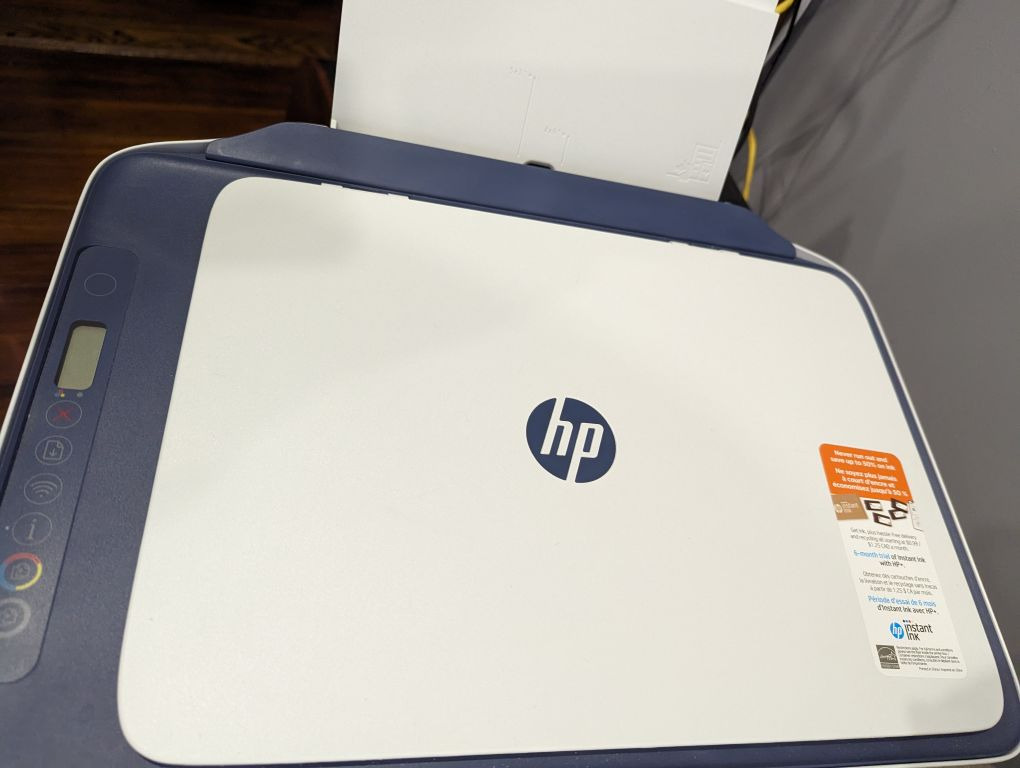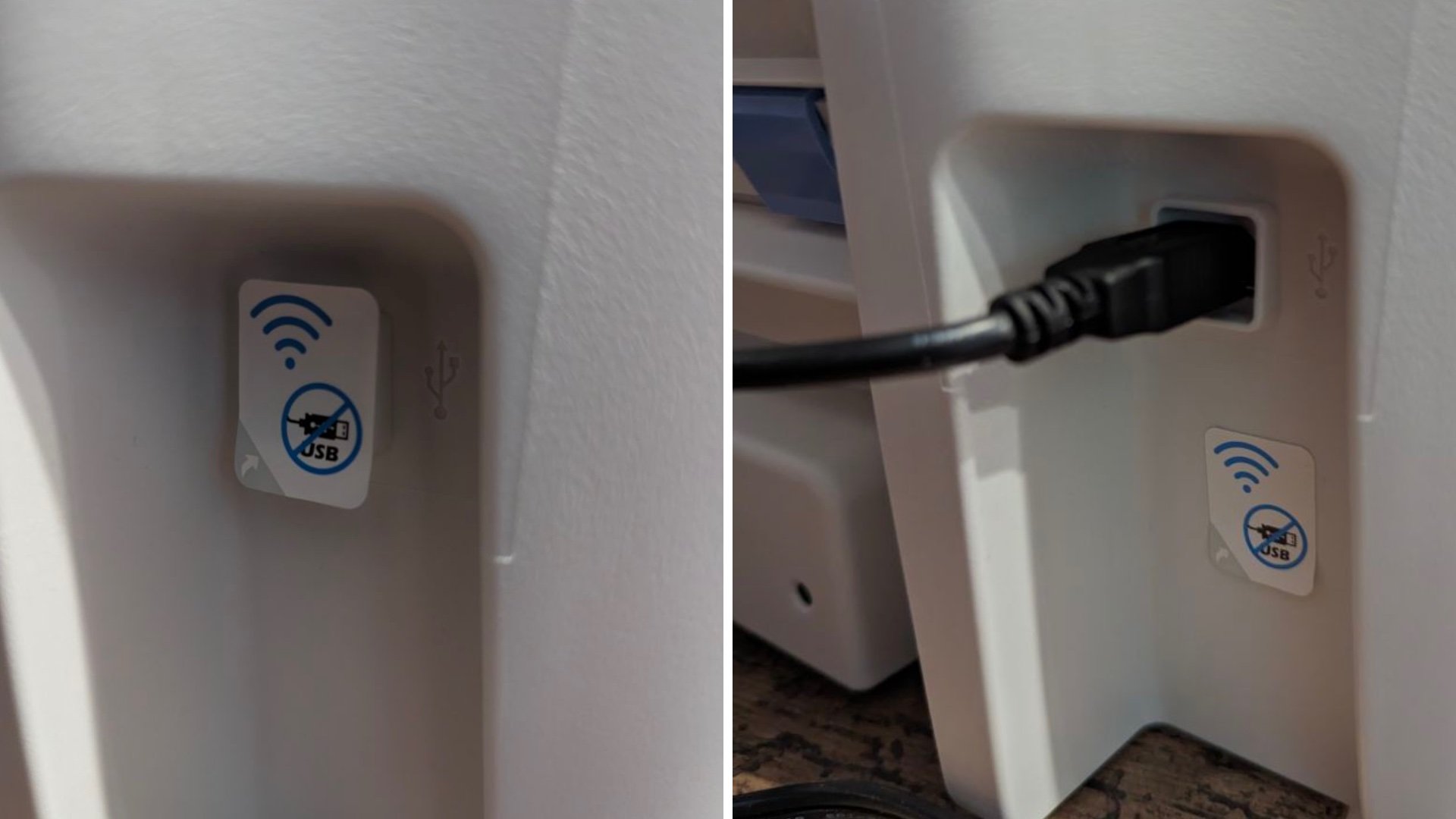From the stubbornness of Canon printers to refuse to scan with an empty ink tank, to the use of DRM for ink cartridges by some players, “innovations” can sometimes border on the absurd. And it’s not over: according to a user of the social network Mastodon, the printing giant HP has found a new trick to encourage consumers to use its services. On the program: a Wi-Fi only printer that hides its game well.
It is sometimes surprising that the printer sector, considered by many to be technologically boring, still holds surprises. Who would have thought, for example, that printer manufacturers would be capable of such unexpected innovations? Last year, we told you the strange story of Canon multifunction printers, which stubbornly refuse to scan when one of their ink tanks is empty. A controversial practice that has given rise to a class action in the United States.
And what about those who go so far as to use DRM for their ink cartridges? It has even happened that HP blocks its printers if the user has the audacity to use a different ink cartridge. An extreme case, certainly, but which underlines the extent of the measures that certain manufacturers are ready to take to maintain their control over the market.
When Wi-Fi hides a USB
Today, we are looking at another anecdote, relayed by Numerama, and discovered on the Mastodon social network. Netspooky user recounts his experience with an entry-level printer, sold as Wi-Fi only. Driven by curiosity, he decides to remove the sticker indicating the absence of a USB port on the back of the device. What was his surprise when he discovered, hidden behind, a perfectly functional USB port!

HP’s objective here seems clear: to encourage, even force, users to install their application to configure their services and thus promote HP Instant Ink subscriptions. If a simple USB cable was enough, a simple keyboard shortcut (Ctrl+P or Cmd+P) would allow printing without having to configure anything.
Questionable practices and market limits
This is a questionable practice that raises many ethical and legal questions. It highlights the desire of manufacturers to impose their services and applications at the expense of the user.
Fortunately, in France, this specific model is not marketed, according to Numerama. French users can therefore be reassured: their USB port is still there.
Do you use Google News (News in France)? You can follow your favorite media. Follow Frandroid on Google News (and Numerama).
